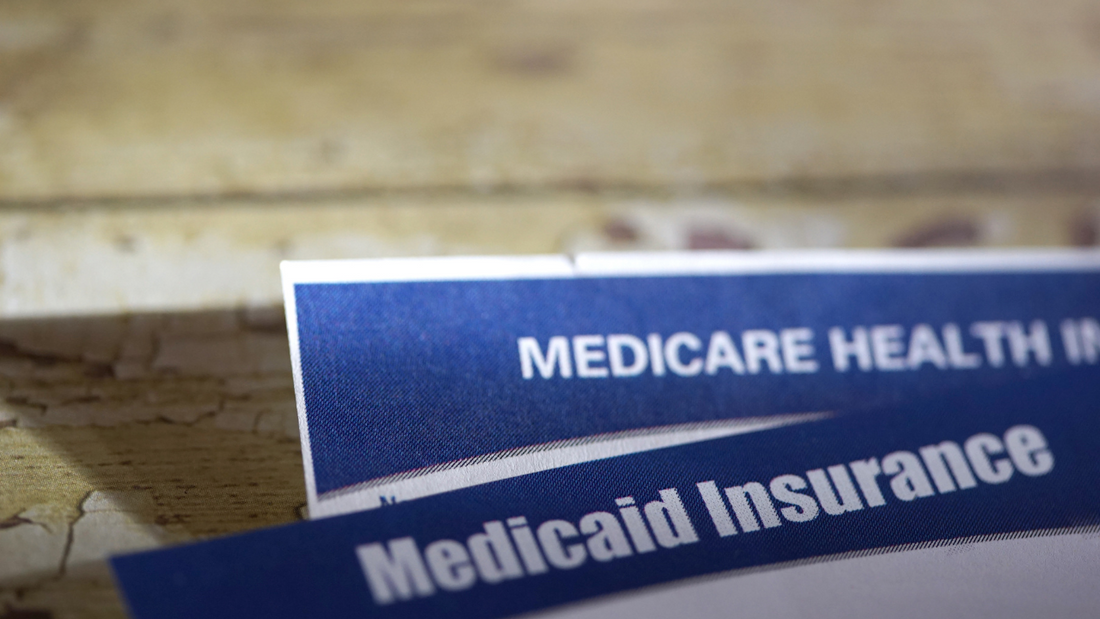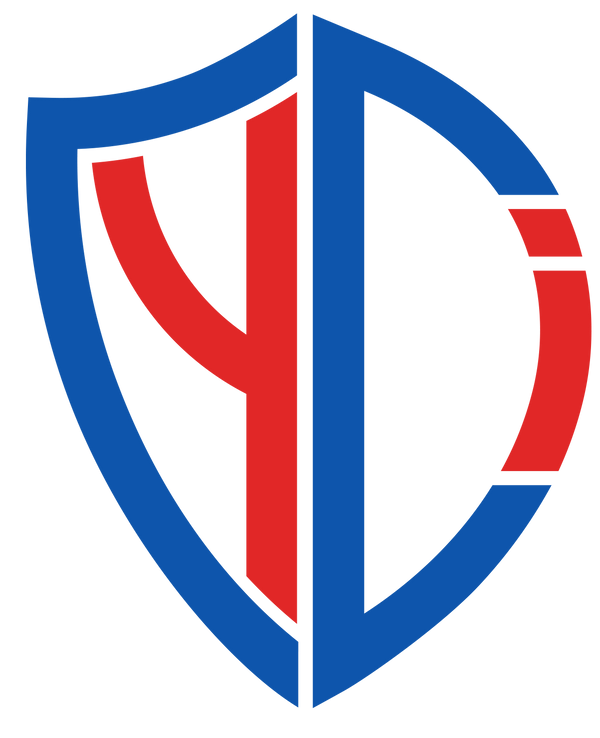
Medicaid Goes by Different Names—And That’s the Problem
At our Farmers Insurance agency in Ontario, California, we work with individuals and families across all income levels, and one thing is becoming increasingly clear: many people have no idea that the healthcare coverage they depend on is, in fact, Medicaid, just under a different name. That confusion isn’t just a branding issue. It’s a serious barrier to understanding rights, defending benefits, and pushing back when those benefits are on the chopping block.
If you or someone you care about is enrolled in any of the programs listed below, this affects you directly.
- Obamacare is Medicaid
- Alabama: Medicaid
- Alaska : DenaliCare
- Arizona: Arizona Health Care Cost Containment System (AHCCCS)
- Arkansas: Arkansas Health and Opportunity for Me (ARHOME)
- California: Medi-Cal
- Colorado: Health First Colorado
- Connecticut: HuskyHealth, Husky C (for aged, blind or disabled persons)
- Delaware: Diamond State Health Plan (Plus)
- Florida: Statewide Medicaid Managed Care Program (SMMC), Managed Medical Assistance (MMA) Program, Long-term Care (LTC) Program
- Georgia: PeachState
- Hawaii: MedQuest
- Idaho: Medicaid
- Illinois: Medical Assistance Program, AllKids, FamilyCare
- Indiana: Hoosier Healthwise, Hoosier Care Connect, M.E.D. Works, Health
- Indiana Plan (HIP), Traditional Medicaid
- Iowa: IA Health Link
- Kansas: KanCare Medical Assistance Program
- Kentucky: Passport Louisiana: Bayou Health, Healthy Louisiana
- Maine: MaineCare
- Maryland: Medical Assistance
- Massachusetts: MassHealth
- Michigan: Healthy Michigan, Michigan Medicare Assistance Program (MMAP)
- Minnesota: Medical Assistance (MA), MinnesotaCare
- Mississippi: Mississippi Coordinated Access Network (MississippiCAN)
- Missouri: MO HealthNet
- Montana: Medicaid, Healthy MT Kids
- Nebraska: ACCESSNebraska, Nebraska Medical Assistance Program (NMAP)
- Nevada: Medicaid
- New Hampshire: NH Medicaid, Medical Assistance
- New Jersey: NJ FamilyCare
- New Mexico: Centennial Care, Medical Assistance, Turquoise Care
- New York: Medicaid Managed Care
- North Carolina: Division of Health Benefits (DHB), Medicaid
- North Dakota: North Dakota Medicaid Expansion Program
- Ohio: Medicaid.
- Oklahoma: SoonerCare
- Oregon: Oregon Health Plan (OHP)
- Pennsylvania: Medical Assistance (MA) Pennie, Keystone First
- Puerto Rico: Plan Vitale
- Rhode Island: RI Medical Assistance Program
- South Carolina: Healthy Connections
- South Dakota: Medicaid
- Tennessee: TennCare
- Texas: STAR+PLUS
- Utah: Medicaid, Select Health Community Care)
- Vermont: Green Mountain Care
- Virginia: Cardinal Care
- Washington: Apple Health
- Washington D.C.: Healthy Families
- West Virginia: Medicaid
- Wisconsin: Forward Health, BadgerCare
- Wyoming: Equality Care
What You Need to Understand Today
Medicaid is under threat of funding cuts and potential policy changes—especially with ongoing proposals around adding work requirements. The problem? Millions of people don’t even realize they have Medicaid, because the name varies by state.
In California, it’s Medi-Cal. In Washington, it’s Apple Health. In Michigan, it’s Healthy Michigan. The list goes on.
In many cases, individuals facing program cuts or policy shifts are unaware these changes impact them directly because of these renamed systems. Someone might hear about Medicaid cuts and assume they’re safe because they’re enrolled in “Apple Health”—without realizing it’s the same thing. That disconnect is dangerous.
Medicaid Isn’t Just for “Other People”
Contrary to what some believe, Medicaid isn’t just for children or people with disabilities. It’s for:
- Working adults with low income
- Seniors in nursing homes
- People undergoing long-term treatments (like cancer care)
- Families temporarily out of work
About 38% of Medicaid recipients in 2021 were children. Many adults rely on Medicaid not because they’re “unwilling” to work, but because they can’t—due to serious illness, caregiving responsibilities, or recovering from surgeries.
These stories are everywhere. A woman undergoing cancer treatment had to quit her job for nine months. She couldn’t even get up the stairs in her own home—there’s no way she could meet any work requirement. Medicaid coverage is what allowed her to survive without going bankrupt.
Another family shared how their mother passed away just months after qualifying for disability—before she could even access healthcare benefits. Later, Medicaid covered the cost of a life flight after a tragic car accident involving another loved one. Without it, the family would have faced hundreds of thousands in emergency medical debt.
“This isn’t politics, this is life and death.”
These are not rare cases. These are the stakes.
What’s at Risk With Funding Cuts
Imposing work requirements or cutting federal funding doesn’t just affect numbers on a spreadsheet. It leads to:
- Fewer people qualifying for life-saving care
- Lower reimbursements for providers
- More hospitals and clinics choosing to stop accepting Medicaid
Even in states like California, where more infrastructure exists to support programs like Medi-Cal, the federal government still covers 65% of the cost. A major cut in federal support would mean clinics close, access shrinks, and the most vulnerable are left without options.
Quick Breakdown: What Is Medicaid?
- A federal-state partnership that provides healthcare to low-income Americans
- Funded approximately 70% by the federal government, not just by states
- States administer the program and give it names like Medi-Cal, Apple Health, or PeachState
- You can see a full list of state-specific program names across the country, but here’s the bottom line:
If you're getting free or low-cost health coverage through your state, it's likely Medicaid—even if it doesn’t say so in the name.
This isn’t just a policy debate—it’s about protecting access to healthcare for millions of Americans. If you or someone you love is on Medi-Cal, Healthy Michigan, Apple Health, or any of the renamed programs across the U.S., it’s important to stay informed:
Cuts to Medicaid are cuts to your care.
If you're also exploring your options for Medicare insurance or want clarity on how Medicaid interacts with Medicare plans, we can help. We offer free, no-obligation Medicare insurance quotes and guidance to guarantee you’re covered from every angle.
At Farmers Insurance – Young Douglas, we don’t just sell plans—we advocate for awareness. If you’re unsure about your coverage, want to understand alternatives, or need help navigating the system, reach out today.
Let’s make sure you know what you have—and how to protect it.
it’s about protecting access to healthcare for millions of Americans. If you or someone you love is on Medi-Cal, Healthy Michigan, Apple Health, or any of the renamed programs across the U.S., it’s important to stay informed.
